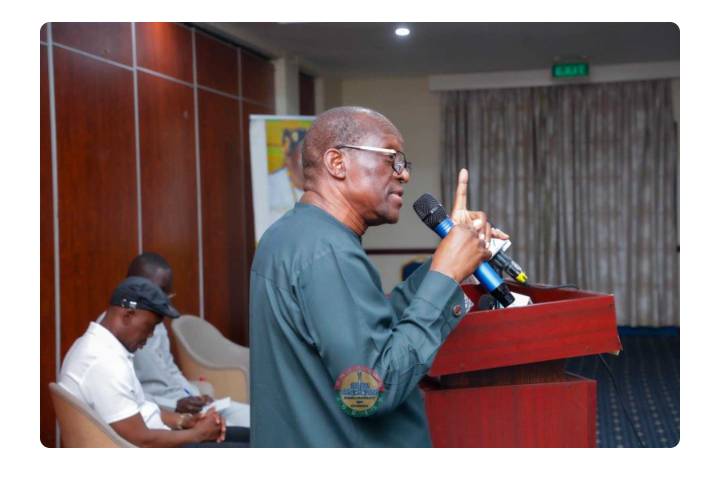Speaker of Parliament Challenges Supreme Court's Stay of Parliamentary Decision
The Speaker of Ghana's Parliament, Alban Sumana Bagbin, has petitioned the Supreme Court to overturn its recent ruling, which halted his decision to declare four parliamentary seats vacant. The application, filed on behalf of the Speaker by his attorney, Thaddeus Sory, argues that the Supreme Court's stay interferes with the autonomy of Parliament, a non-judicial body, and that such rulings should not fall within the judicial review framework.
Bagbin's motion seeks to counter the Supreme Court's directive, asserting that its authority to pause or overturn rulings does not extend to non-judicial entities such as Parliament. According to Bagbin’s application, the powers outlined in Ghana’s 1992 Constitution empower the Supreme Court to intervene only in cases within the judicial hierarchy. The Speaker’s filing states, “The Supreme Court's powers under the 1992 Constitution to stay execution of rulings are limited to judicial rulings within the hierarchy, which does not include decisions made by the Speaker of Parliament.â€
In addition, the Speaker’s application claims that the Supreme Court’s approach undermines the principle of natural justice. Bagbin argues that the decision to stay his ruling was based on an ex parte application (a request made to the court by one party without the other being present), which deprived him of the opportunity to be heard. The Speaker believes that under ordinary circumstances, such ex parte applications should only be granted under urgent and exceptional circumstances—conditions he claims were not met in this case.
The Speaker also criticizes the legal basis of the writ filed by Alexander Afenyo-Markin, the Majority Leader, who initially sought the court's intervention. Bagbin's application argues that the writ is procedurally flawed, asserting that it fails to properly invoke the Supreme Court’s jurisdiction to interpret or enforce the Constitution. He maintains that Article 97(1)(g) and (h) of the Constitution, which formed the basis for his initial ruling, is clear and does not require judicial interpretation. According to the Speaker, the text of Article 97(1)(g) and (h) is “unambiguous and has no disputed meaning.â€
The provision in question states that Members of Parliament must vacate their seats if they switch political parties or, as independent members, subsequently join a political party. Bagbin’s motion emphasizes that this provision was specifically designed to uphold party loyalty and prevent political instability within Parliament, stressing that it does not fall within the jurisdiction of judicial review.
This legal dispute underscores the ongoing tension between Ghana's legislative and judicial branches over jurisdictional boundaries and constitutional interpretation. The Supreme Court’s response to Bagbin’s application will likely have significant implications for the separation of powers within the government.
Source: Graphic Online




No comments yet
Be the first to share your thoughts!